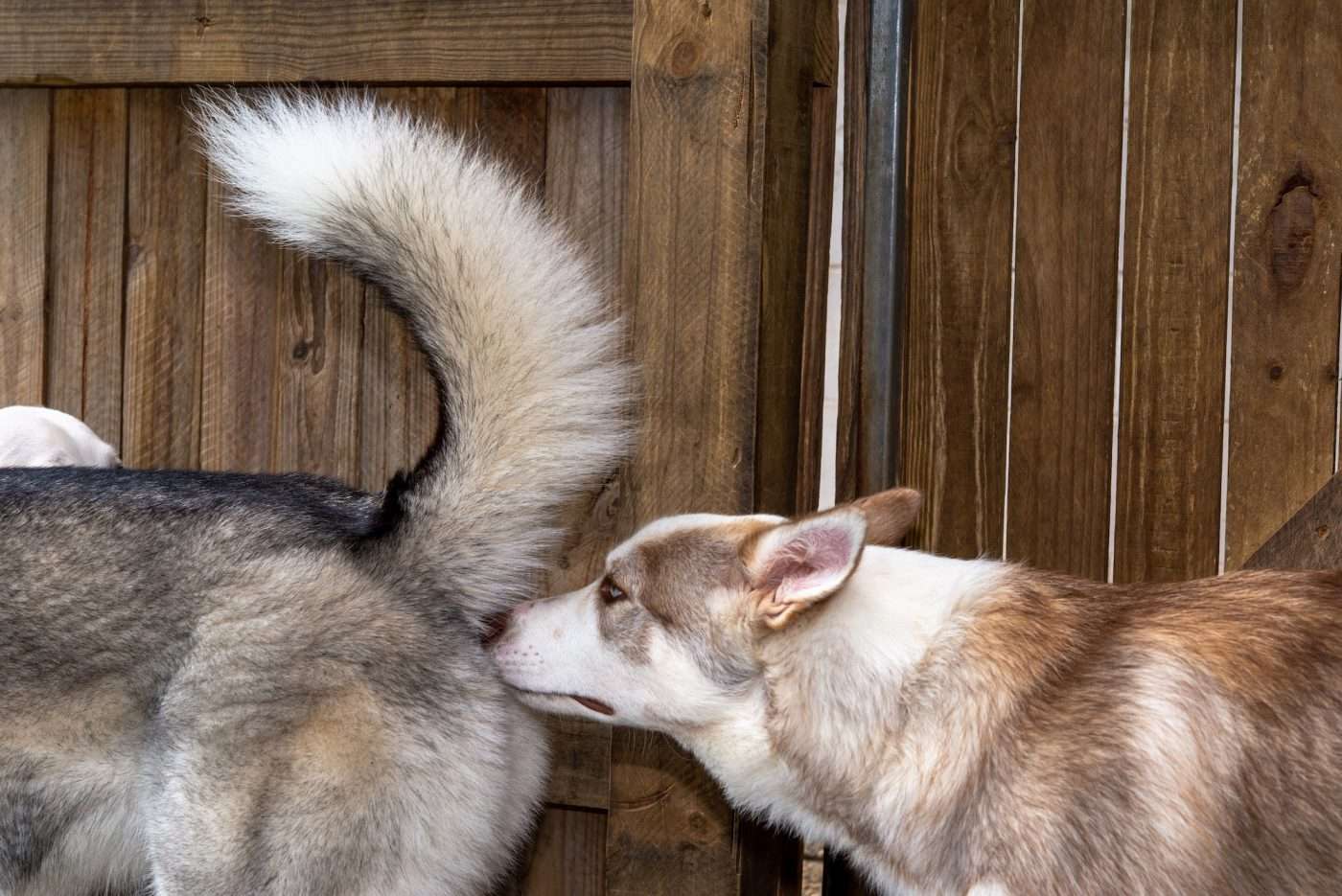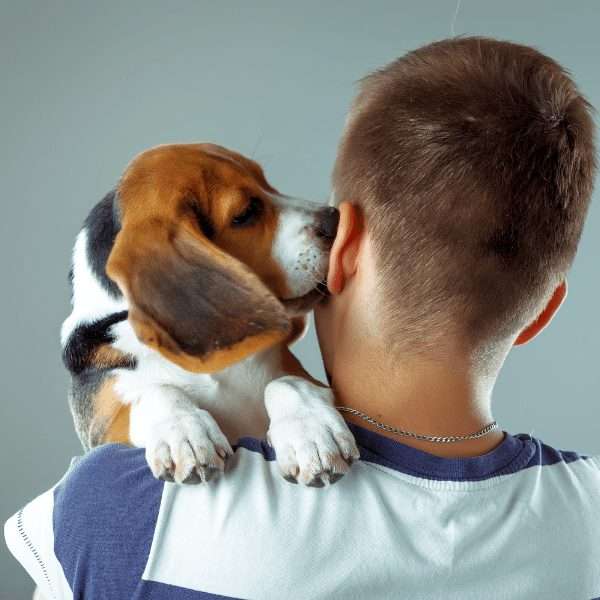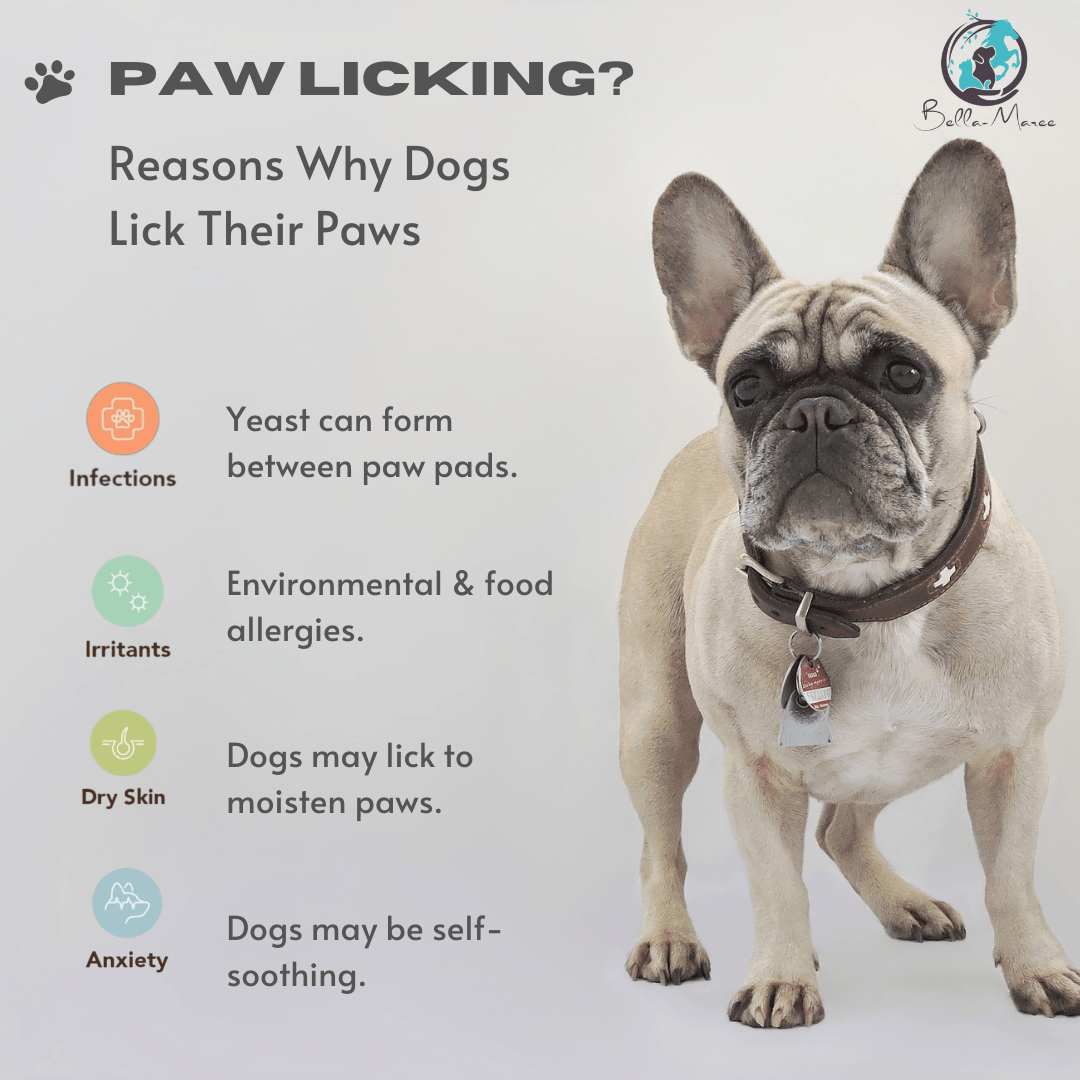Key Takeaways:
- Dogs lick other dogs' pee to gather information about the scent and identity of the dog.
- Licking urine helps dogs establish social bonds and communicate with other dogs.
- Licking urine can also be a way for dogs to assert dominance or mark their territory.
- Some dogs may lick urine as a form of self-soothing or to alleviate anxiety.
- It is important to monitor excessive urine licking as it could indicate underlying health issues or behavioral problems in dogs.
Introduction:
Have you ever wondered why dogs have a peculiar habit of licking other dogs' pee? It may seem strange or even gross to us humans, but understanding this behavior can actually provide valuable insights into the fascinating world of canine communication. By delving into this topic, we can uncover the hidden benefits and reasons behind this seemingly bizarre behavior. So, if you're curious to know why dogs engage in this peculiar act, join us as we explore the intriguing world of canine social interaction and unravel the secrets behind their unique behaviors. Get ready to be amazed by what you'll discover!
Why do dogs lick other dogs' pee?
The curious behavior of dogs licking urine
Have you ever wondered why dogs have the strange habit of licking each other's pee? Well, let me tell you, it's not just a random act. Dogs have an incredible sense of smell, and they can learn a lot about other dogs through their urine. When a dog licks another dog's pee, it's like reading a book filled with information.
By licking urine, dogs can gather valuable details about the other dog's gender, age, health status, and even their mood. It's like they are having a conversation without using words! They can detect pheromones in the urine that tell them if the dog is ready to mate or if they are feeling stressed or anxious.
What can dogs learn from licking urine?
- The gender of the dog
- The age of the dog
- The health status of the dog
- The reproductive state of the dog
- The emotional state of the dog
The social aspect of urine licking among dogs
In addition to gathering information, when one dog licks another dog's urine, it also serves as a way for them to communicate and bond with each other. Dogs have a unique way of establishing social connections through scent exchange. By tasting and smelling each other's urine, they are reaffirming their social hierarchy and forming stronger bonds within their pack.
This behavior is especially common among wild or feral dogs who live in packs. It helps them maintain order and establish clear boundaries within their group. Even though our domesticated pet dogs may not live in packs anymore, they still carry these instincts with them.
Other ways dogs communicate and interact with each other
- Vocalizations such as barking, growling, or howling
- Body language including wagging tails, raised hackles, or submissive postures
- Scent marking through urine or feces
- Play behavior like chasing, wrestling, or fetching
- Eye contact and facial expressions
The purpose of a dog licking another dog's urine
When dogs lick each other's urine, it may seem strange to us humans, but it actually serves an important purpose in their communication. Dogs have a highly developed sense of smell, and urine contains valuable information about the dog who left it behind. By licking the urine, dogs can gather important details about the other dog, such as their gender, age, reproductive status, and even their overall health.
This behavior is particularly common among male dogs who are trying to establish dominance or mark their territory. By sniffing and licking the urine of another dog, they can determine if that dog poses a threat or if they need to assert their own dominance. It's like reading a secret message left behind by another dog!
How does a dog use its sense of smell to gather information from urine?
A dog's sense of smell is truly remarkable. They have up to 300 million olfactory receptors in their noses compared to our mere 6 million! These receptors allow them to detect even the faintest odors and distinguish between different scents with incredible accuracy.
The chemical messages in urine
Urine contains various chemical compounds called pheromones that carry specific messages for other dogs. For example, female dogs release pheromones when they are in heat to signal their availability for mating. Male dogs can detect these pheromones through licking and use this information to determine if there is a potential mate nearby.
In addition to pheromones, urine also contains information about a dog's diet, health status, and even emotional state. Dogs can pick up on these subtle cues through their keen sense of smell and gain insights into the well-being of other dogs in their social circle.
How dogs communicate by licking each other's pee
Licking each other's urine is just one of the many ways dogs communicate with each other. It's a form of social interaction that helps them establish and maintain relationships within their pack or community. Dogs have a complex social structure, and these interactions play a crucial role in maintaining harmony and understanding among them.
Other forms of dog communication
Dogs use a combination of body language, vocalizations, and scent to communicate with each other. They may wag their tails, raise their hackles, or adopt certain postures to convey different messages. Barking, growling, and howling are also vocalizations that dogs use to express various emotions or intentions.
In addition to urine licking, dogs also engage in sniffing each other's rear ends as a way of greeting and gathering information. This behavior allows them to exchange scents from their anal glands, which contain unique chemical signatures specific to individual dogs.
By engaging in these various forms of communication, dogs can establish bonds, resolve conflicts, and navigate their social world more effectively.
Can dogs learn about other dogs by licking their urine?
Absolutely! Dogs can gather a wealth of information about another dog through the act of licking their urine. As mentioned earlier, urine contains pheromones that carry important messages about the dog's reproductive status, health condition, and emotional state.
The power of scent
Dogs rely heavily on their sense of smell to navigate the world around them. Their noses are like supercomputers capable of detecting even the slightest changes in odor. When they lick another dog's urine, they are essentially decoding a secret message embedded within those scents.
This information helps dogs determine if they should approach the other dog with caution, assert their dominance, or establish a friendly connection. It's like reading a book about the other dog's life just by tasting their urine!
Health benefits and risks of dogs licking each other's pee
While licking each other's urine can provide valuable information for dogs, there are also potential health risks associated with this behavior.
The benefits of urine licking
Licking another dog's urine can help dogs establish social bonds and maintain harmony within their pack. It allows them to gather important information about the other dog, which can aid in decision-making and understanding their social dynamics.
Building trust and familiarity
By exchanging scents through urine licking, dogs can become more familiar with each other, leading to increased trust and cooperation. This behavior is particularly important when introducing new dogs into an existing pack or during initial interactions between unfamiliar dogs.
Potential health risks
While urine itself is generally sterile when it leaves the body, it can become contaminated with bacteria or parasites if left exposed for too long. Dogs who lick contaminated urine may be at risk of ingesting harmful pathogens that could lead to infections or digestive issues.
Preventing health risks
To minimize the potential health risks associated with urine licking, it is essential to ensure that your dog has regular veterinary check-ups and vaccinations. Additionally, keeping your dog's living environment clean and providing access to fresh water can help reduce the chances of exposure to harmful bacteria or parasites.
Do all dogs lick each other's urine or just certain breeds?
Licking each other's urine is a common behavior among many different breeds of dogs. However, some individual dogs may engage in this behavior more frequently than others, depending on their personality and socialization experiences.
Individual differences in urine licking behavior
Just like humans, dogs have unique personalities and preferences. Some dogs may be more curious or socially inclined, leading them to engage in urine licking more often. On the other hand, some dogs may show less interest in this behavior and rely more on other forms of communication.
Socialization and learned behaviors
The frequency of urine licking can also be influenced by a dog's socialization experiences during their early development. Dogs who have been exposed to positive interactions with other dogs from an early age may be more likely to engage in urine licking as a natural part of their communication repertoire.
Other ways dogs communicate and interact with each other besides licking urine
Licking each other's urine is just one aspect of how dogs communicate and interact with each other. They have a wide range of behaviors and signals that they use to convey messages and establish relationships.
Body language
Dogs use various body postures, facial expressions, and tail movements to communicate their intentions and emotions. For example, a wagging tail usually indicates friendliness or excitement, while a tucked tail might signal fear or submission.
Vocalizations
Barking, growling, whimpering, and howling are all vocalizations that dogs use to express different emotions or convey specific messages. Each type of vocalization has its own meaning within the context of the situation.
Play behavior
Play is an essential part of dog socialization. Dogs engage in playful behaviors such as chasing, wrestling, and play-bowing as a way to bond with each other and practice important social skills.
Scent marking
Dogs have scent glands in various parts of their bodies, and they use these glands to leave their unique scent marks on objects or territory. This marking behavior helps dogs communicate their presence and establish boundaries.
Overall, dogs have a rich repertoire of communication behaviors that go beyond just licking each other's urine. These behaviors allow them to navigate their social world, form relationships, and maintain harmony within their pack or community.
In conclusion, dogs lick other dogs' pee as a way of gathering information about them. It helps them understand their surroundings and communicate with other dogs.
Should I let my dog lick other dogs pee?
This natural behavior is typical and generally not harmful. However, dogs can potentially contract an infectious disease by licking the urine of other animals. Leptospirosis is a bacterial illness that can be passed between humans and dogs.
Is it normal for dogs to lick other dogs privates?
When one dog licks another dog's private parts, it is a natural and normal social behavior among dogs. It is a way for them to greet each other and establish familiarity through grooming and scent. This behavior occurs regardless of whether the dogs have been spayed or neutered.
Why does my dog pee inside and lick it up?
He may clean it up because he feels embarrassed about the situation. Dogs have a natural instinct to keep their living area clean or to clean up messes made in inappropriate places. If he is able to move around, there may be a medical issue underlying this behavior (unless you're intentionally not taking him outside).
Why does my dog drool when he smells pee?
It is common for dogs to sniff or lick urine and then experience teeth chattering and drooling. This behavior allows dogs to carefully analyze smells, as explained in the article.
What happens if dog licks urine?
Licking urine can lead to the transmission of diseases like leptospirosis, which specifically affects dogs and can be spread through infected urine.
Is it OK to touch dog pee?
It is important to wear rubber gloves when cleaning up after your dog's urine inside your home. Try to avoid touching the urine as much as possible, as it may contain harmful pathogens that can lead to health issues, particularly if your immune system is compromised or weakened.

















